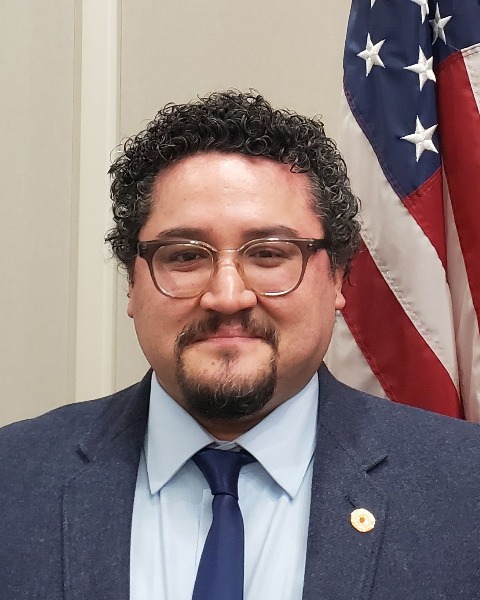Back
APA acknowledges that traffic patterns and transportation delays are unavoidable and beyond our control. When purchasing multiple tickets for mobile workshops and tours please allow a cushion of time between the arrival time of one workshop/tour the departure time of another workshop/tour.
Population Diversity and Inclusive Design
From Gold to Platinum: Philadelphia's Centro de Oro
Sunday, April 2, 2023
12:30 PM – 3:45 PM CDT
CM | 1.25
Ticket Price: $35

Vidal F. Marquez (he/him/his)
Assistant Planner
City of Orange
Baldwin Park, CA
Lead Mobile Workshop Coordinator(s)
The United States is undergoing noteworthy demographic changes. Latinos are the largest minority group and second-fastest-growing group in the country. These entrepreneurs, families, and culture-bearers offer a glimpse into the nation’s future of greater diversity and more prominent Latino cultures.
Shipping and manufacturing in post-war urban centers fostered immigration. First came Puerto Ricans, then Dominicans in the late 20th century, and, most recently, Mexicans. Philadelphia has growing communities of immigrants from Mexico, El Salvador, Guatemala, and Honduras, while the majority Puerto Rican “El Centro de Oro” community in North Philadelphia has the second-largest stateside Puerto Rican population, after New York City.
Understanding how historic and economic synergy among these groups grew organically prepares planners to partner with them to preserve cultural identity.Planners are constantly challenged to renew and support communities where revitalization plans may not coincide with local wishes. Often plans are perceived to erase heritage and cultural aspects important to residents and raise fears of gentrification and relocation. In this workshop, experience different cultural settings, hear new ideas, and absorb lessons learned about addressing dilemmas and increasing inclusivity.
Attendees walk during this workshop.
Shipping and manufacturing in post-war urban centers fostered immigration. First came Puerto Ricans, then Dominicans in the late 20th century, and, most recently, Mexicans. Philadelphia has growing communities of immigrants from Mexico, El Salvador, Guatemala, and Honduras, while the majority Puerto Rican “El Centro de Oro” community in North Philadelphia has the second-largest stateside Puerto Rican population, after New York City.
Understanding how historic and economic synergy among these groups grew organically prepares planners to partner with them to preserve cultural identity.Planners are constantly challenged to renew and support communities where revitalization plans may not coincide with local wishes. Often plans are perceived to erase heritage and cultural aspects important to residents and raise fears of gentrification and relocation. In this workshop, experience different cultural settings, hear new ideas, and absorb lessons learned about addressing dilemmas and increasing inclusivity.
Attendees walk during this workshop.
Learning Objectives:
- Examine the shortfalls, complexities, and areas of opportunity for planning practices at the intersection of business, art, and economic development efforts in Latino communities.
- Employ engagement and outreach techniques for planning in culturally diverse Latino communities that can be transferred to building relationships in other diverse communities.
- Learn inclusionary approaches for planning, developing, implementing, and conducting culturally competent practices and strategies.
